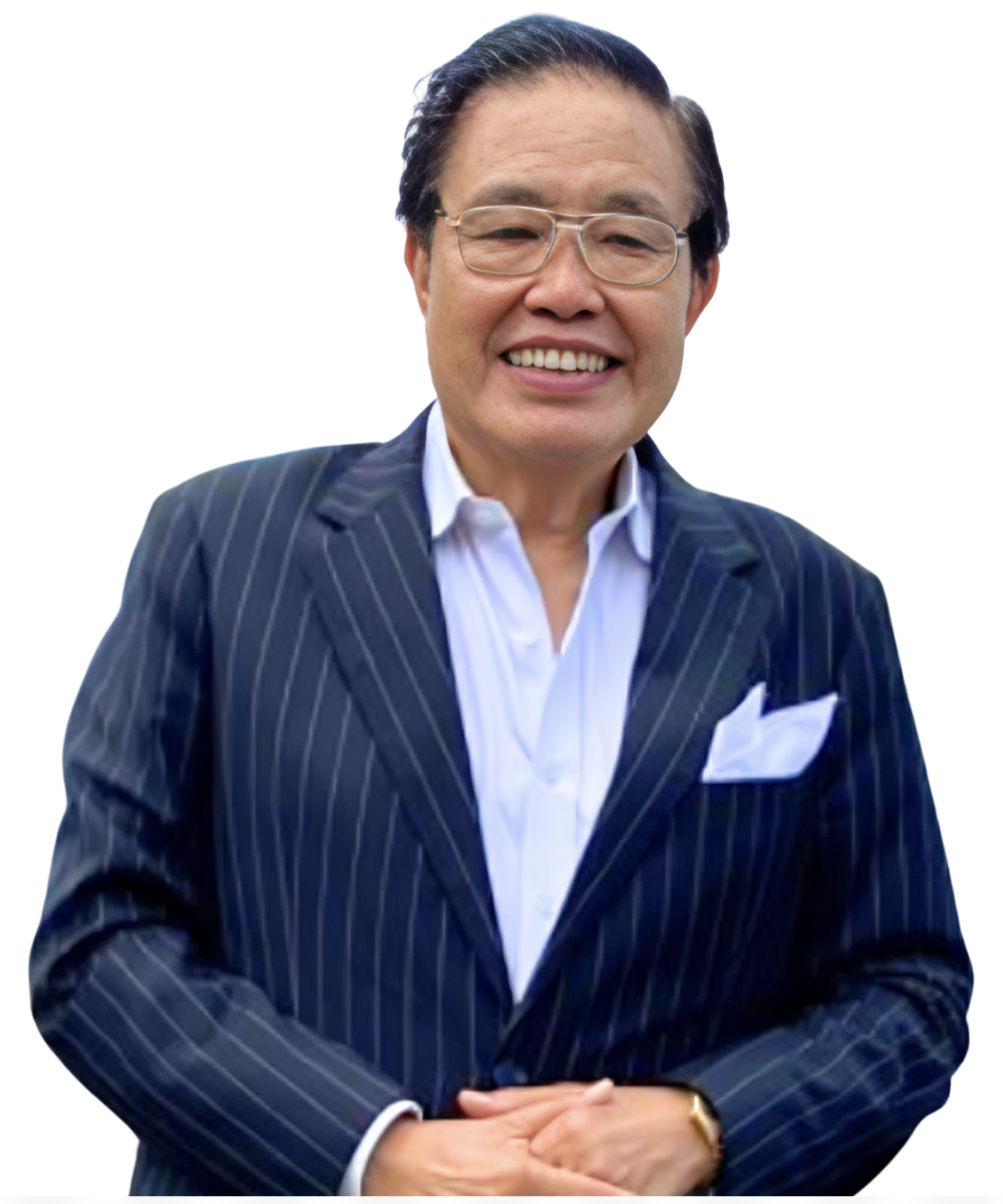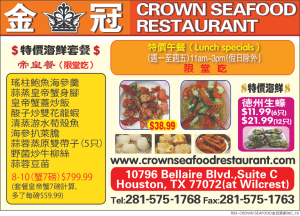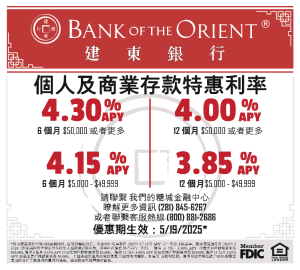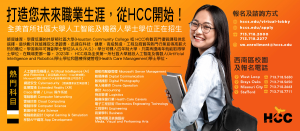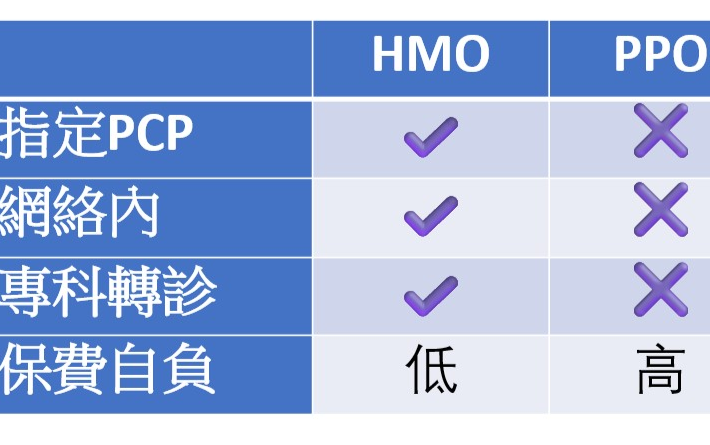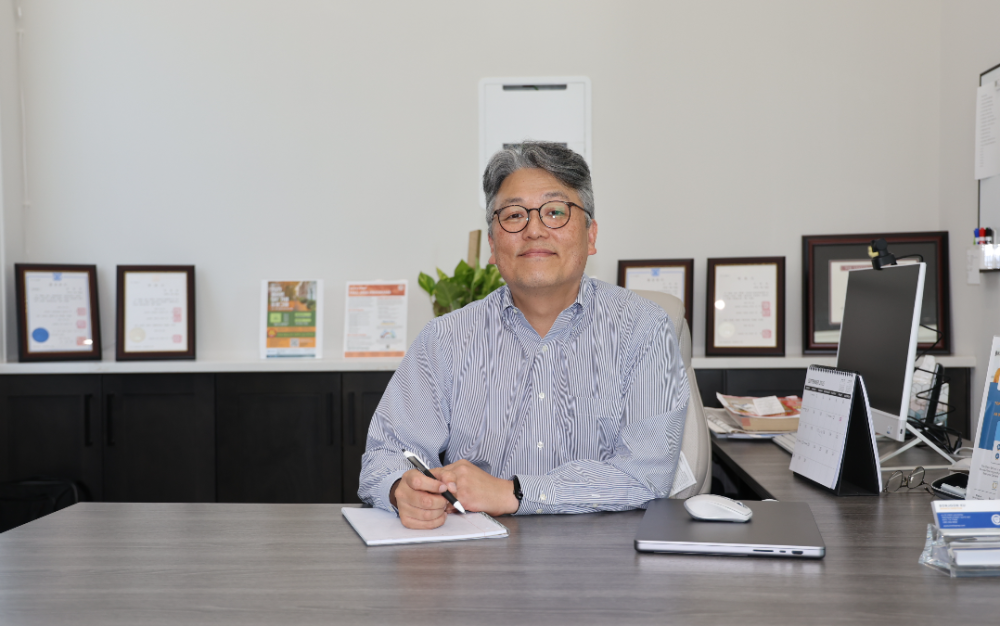戴蒙眼中的中國:競爭對手,還是鏡子?
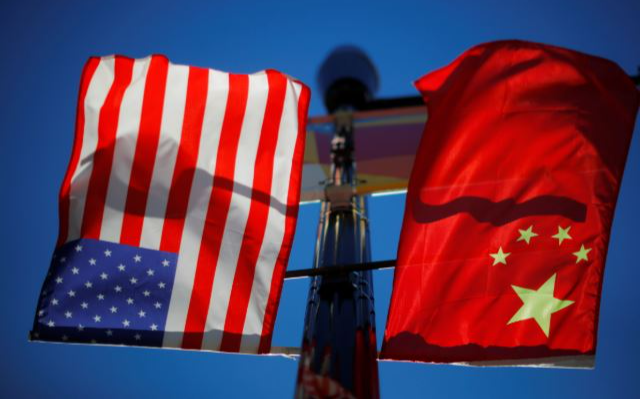
戴蒙眼中的中國:競爭對手,還是鏡子?
在當前美中競爭日益加劇的全球格局中,摩根大通(JPMorgan Chase)首席執行官傑米·戴蒙(Jamie Dimon)對中國的觀察引發了各界關注。他的發言不僅具有金融領袖的深度洞察,更帶有一位美國愛國資本家的戰略焦慮。他不諱言中國是「潛在對手」,卻更擔心「我們自己」。
這句話,道出當代美國的一種集體矛盾:既關注外在威脅,也無法忽視內部裂縫。
⸻「他們不害怕」:一位從中國歸來的真實觀察
2025年春,戴蒙剛結束對中國的實地訪問。他在里根國家經濟論壇上直言:「中國不害怕我們。」這一評價極具震撼力,與部分美國政界認為中國會在經濟壓力下讓步的期待形成鮮明對比。
在他看來,中國在戰略層面的執行力驚人。無論是人工智能、電動車、機器人還是醫藥產業,中國皆投入大量資源與政策支持。他指出:「他們政府、企業、民間有著一致的方向感。」
這種對國家戰略一致性的讚譽,並不代表他對中國抱有幻想,而是試圖提醒美國:真正的危機不在外部,而在自身。
⸻「我真正擔心的,是我們自己」
作為華爾街的風雲人物,戴蒙對美國內政提出了罕見的嚴厲批評。他多次強調,美國的制度問題才是長遠競爭中最致命的短板。
「我們的基礎建設老舊、教育制度落後、政治極化、預算赤字不斷膨脹。」他指出,若美國再不進行制度性改革,將難以在接下來的40年中維持軍事與經濟的領先地位。這一番話既是對中國競爭實力的冷靜評估,也是對美國衰退跡象的強烈預警。
⸻不只是對手,也是鏡子
戴蒙並不迴避對中國體制的批評,但他提出了一種更為深刻的視角:中國不只是美國的競爭對手,更是一面鏡子,映照出美國當前治理的困境。他承認,中國在提升全民生活水準與執行國家戰略上成效顯著。這與美國內部反覆拉鋸、效率低下的政治現實構成鮮明對比。這並非贊同中國模式,而是呼籲美國在反制中國之前,應先問自己:「我們做得夠好了嗎?」
⸻ 結語:在競爭中找回自我
戴蒙對中國的看法,超越了冷戰式的敵我二元論。他提供的是一種建設性的對話框架——將中國視為值得警惕的對手,也視為逼使美國自省與革新的外部壓力。
與其恐懼中國崛起,不如正視自身體制的退化;與其一味施壓對手,不如回歸制度與價值的重建。
正如戴蒙所言:「如果我們團結一致,美國仍能領導世界。但我們不能再自我沉睡了。」
Jamie Dimon On China: A Competitor — or a Mirror?
In today’s intensifying global rivalry between the U.S. and China, JPMorgan Chase CEO Jamie Dimon’s observations on China have drawn widespread attention. His remarks not only carry the weight of financial insight but also the strategic anxiety of a patriotic American capitalist. He openly acknowledges China as a “potential adversary,” but his deeper concern lies with “ourselves.”
This statement reveals a paradox at the heart of contemporary America: while wary of external threats, it remains haunted by internal fractures.
“They Are Not Afraid”
— A Firsthand Observation from China
In the spring of 2025, Dimon returned from a visit to China. At the Reagan National Defense Forum, he stated plainly, “China is not afraid of us.” This remark was jarring, standing in contrast to the notion in some political circles that China would bow under economic pressure.
In Dimon’s eyes, China possesses astonishing strategic execution. From AI and electric vehicles to robotics and pharmaceuticals, China is pouring immense resources and policy support into key industries. “Their government, enterprises, and people are all moving in the same direction,” he noted.
Such praise for China’s national coordination doesn’t imply idealization — rather, it is a wake-up call to the U.S.: the true crisis lies not outside, but within.
—“What I Worry About Most Is Us”
As a major figure on Wall Street, Dimon’s sharp criticisms of U.S. domestic issues are striking. He repeatedly stresses that America’s structural problems — not China — are its greatest long-term vulnerability.
“Our infrastructure is outdated, our education system is lagging, political polarization is worsening, and the budget deficit keeps growing,” he says. Without bold reforms, the U.S. may struggle to maintain its global military and economic leadership over the next 40 years.
His warning is both a sobering assessment of China’s competitiveness and a stark alarm about America’s own decline.
—Not Just a Rival, but a Mirror
Dimon does not shy away from critiquing China’s system, but he offers a more profound perspective: China is not only America’s competitor — it is also a mirror reflecting America’s governance challenges.
He acknowledges China’s achievements in raising living standards and executing national strategies. In contrast, the U.S. is mired in bureaucratic gridlock and political inefficiency. His message is not to praise the Chinese model, but to urge the U.S. to ask itself: “Are we doing well enough?”
—Conclusion: Rediscovering Ourselves Through Competition
Dimon’s view of China transcends Cold War-style binaries of friend vs. foe. He offers a more constructive framework: see China not just as a threat, but as a catalyst — a force that compels America to reform and reawaken.
Instead of fearing China’s rise, the U.S. should confront its own institutional decay. Instead of merely exerting pressure outward, it should rebuild inward — its values, systems and unity.
As Dimon aptly put it:
“If we come together, America can still lead the world. But we can no longer afford to sleepwalk.”


